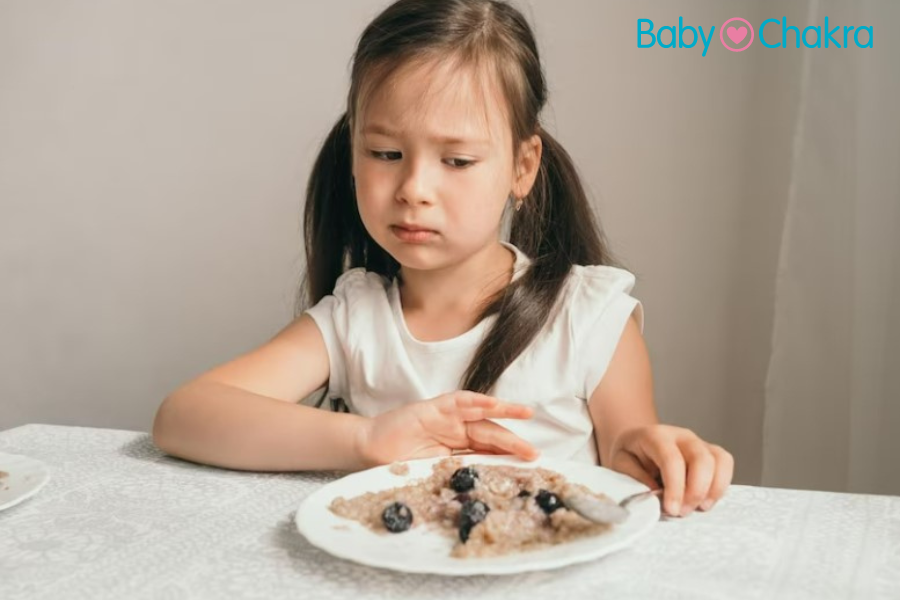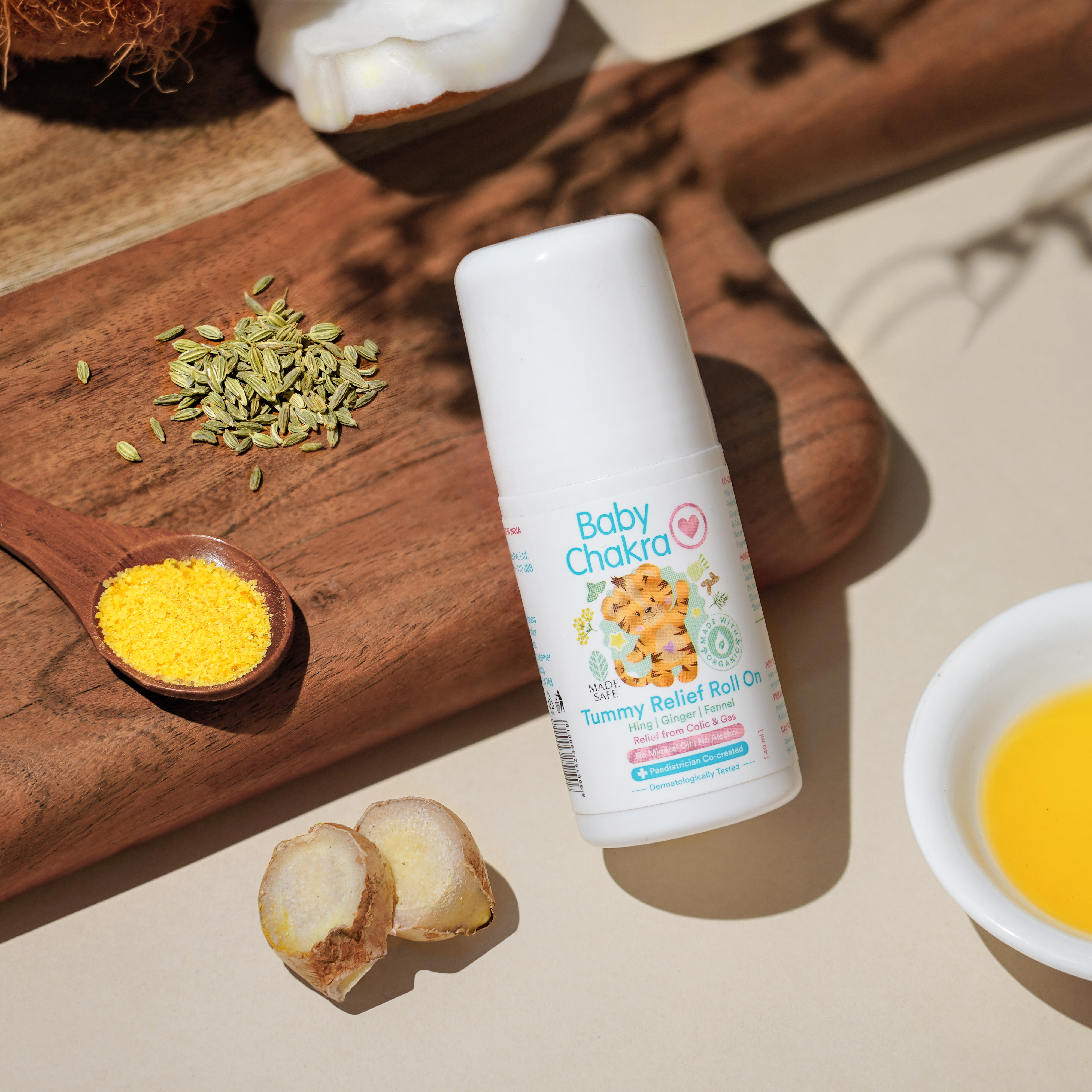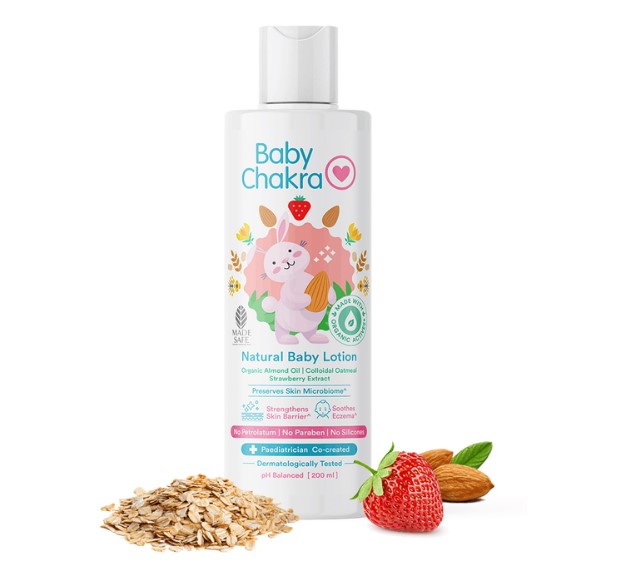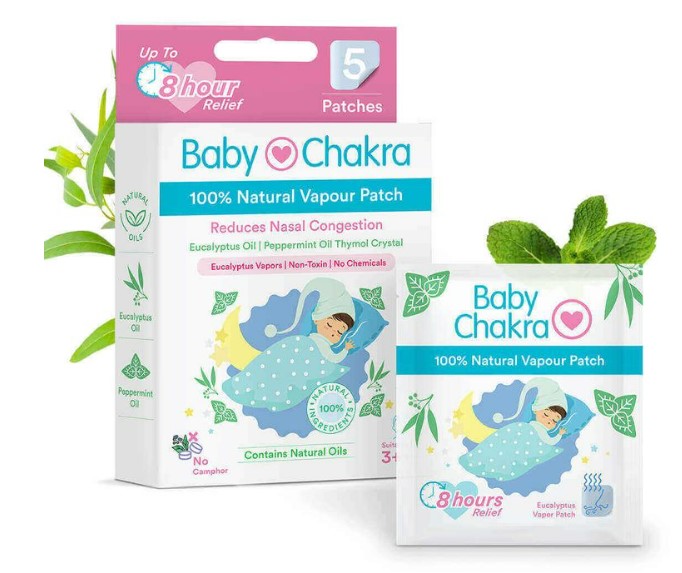
Best ADHD Diet For Kids: Foods To Eat And Food To Avoid
29 May 2023 | 7 min Read
Sudeshna Chakravarti
Author | 799 Articles
ADHD or attention deficit hyperactivity is a neurodevelopmental disorder common among children. ADHD usually impacts your child’s self-control and mood, and may also affect their relationship with food. That’s why it is crucial to design a specialised ADHD diet for kids that helps fulfill and nourish them, and also meets their nutritional needs.
Read on as we tell you more about this diet plan and discuss tips on how to plan your child’s diet, including foods to add and foods to avoid on their plate.
What Is An ADHD Diet For Kids?
An ADHD diet essentially contains foods that your child generally eats and nutritional supplements according to their growth and development. Ideally, this specialised diet supports your child’s behaviour and aids in healthy development.
In some cases, it could also help lessen their ADHD symptoms and reduce restlessness or lack of focus.
Foods To Include In ADHD Diet For Kids

Foods rich in micronutrients and vitamins and minerals should be a part of your child’s ADHD diet / Image credit: Freepik
Certain studies have found that ADHD symptoms are associated with certain diets. For instance, a Western-style diet, which is high in refined sugar and fats is linked with an increased risk of ADHD, whereas, a Mediterranean diet, which mostly consists of fruits, vegetables, seafood, legumes, and whole grains has been shown to reduce symptoms of ADHD in kids.
Hence, your focus should be on creating a balanced diet for your little one to ensure that all their nutritional needs are fulfilled.
Your little one’s diet should contain healthy meals from various food groups, which further offer the following nutrients to them.
Complex Carbohydrates
Complex carbohydrates are sugars that your body digests slowly, causing a steady release of glucose in your bloodstream. A steady release of glucose is crucial for appetite regulation, hunger, and energy metabolism.
Further, eating the right amount of complex carbs may improve serotonin levels (mood-enhancing hormone), which may help your child feel calm.
Some wholesome sources of complex carbohydrates include cereals, whole grains, legumes, starchy vegetables, and fruits. Add these foods to your little one’s diet in moderation to make their meals more healthy and wholesome.
Lean Protein
Protein aids in your little one’s healthy development and regulates many bodily functions, including enzyme production and cell regeneration.
You can add healthy sources of proteins, such as beans, tofu, egg whites, fish, chicken, legumes, and dry fruits and nuts to your little one’s daily diet for muscle growth.
Healthy Fats
Fats are essential for kids for several reasons, one being the absorption of fat-soluble vitamins A, B, D, and K. Hence, ensure that your child gets the right proportions of unsaturated fats, MUFA (monosaturated fatty acid) and PUFA (polysaturated fatty acid), and also omega-3 fatty acids (PUFA), which may help reduce the symptoms of ADHD.
Some excellent sources of healthy fats include tuna and salmon, walnuts, chia, and flax seeds.
Vitamins And Minerals
Did you know that low iron and zinc levels are often associated with ADHD? This is why you need to ensure sufficient diet supplementation in your little one to improve certain ADHD symptoms, such as the inability to focus.
Additionally, some micronutrients, such as magnesium, calcium, vitamin B6 and D are considered crucial during childhood, as they enable your little one’s overall growth and development.
Dried fruits, vegetables, fruits, seafood, nuts, and whole grains offer your little one several micronutrients in abundance. Hence, fill up their meals with a variety of these foods.
Foods To Avoid Or Limit In ADHD Diet For Kids
While ADHD cannot be cured by removing foods from your child’s diet, some studies have demonstrated that eliminating certain unhealthy foods may improve your child’s ADHD symptoms.
We have discussed some of the ingredients and foods that you can avoid or limit in your child’s ADHD diet.
Artificial Food Colourings And Dyes
Packaged and processed foods often contain artificial food additives, such as dyes and colourings. These ingredients may make the food appear attractive and colourful, but they make your child’s ADHD symptoms worse.
While the exact reason why these chemical-based ingredients affect ADHD remains unknown, keeping the intake of them to a minimum is crucial for your child’s health.
Caffeine
Caffeine acts as a natural stimulator that can adversely affect your child’s nervous system. Moreover, caffeine can amplify the effect of ADHD medicines, and its excess consumption can have side effects, such as insomnia and appetite suppression in your child.
Hence, you should avoid giving caffeine or caffeinated beverages to your child, and always consult a paediatrician before introducing caffeine to your little one’s diet.
Allergens
Some kids with ADHD may have an intolerance or sensitivity to specific foods, such as salicylate-containing foods like grapes and tomatoes, or common allergens, such as seafood, soy, milk, and peanuts.
Eliminating these foods from your child’s diet can help improve their ADHD symptoms. However, this should be done under the close guidance of your paediatrician, as this intervention may not be helpful for kids who are not allergic to these foods.
Tips To Provide A Well-Balanced ADHD Diet For Kids

Follow a consistent routine and make healthy choices to encourage good eating habits in your kids/ Image credit: Freepik
Managing your infant with ADHD can be overwhelming and you may struggle to plan and oprganise their diet. We have discussed some useful tips that may help you encourage healthy eating habits in your little one.
- Follow a consistent routine: Kids with ADHD struggle with organising and planning. Hence, following a routine is a good way to keep them organised. You can try serving them meals at the same time regularly to help them adjust t their feeding schedule.
- Serve well-balanced meals: Well-balanced meals contain healthy foods from different food groups. Your child’s diet should have a mix of macro and micronutrients that help them grow and develop and also enhance their focus.
- Be a role model: Kids learn best from examples. So when you display responsible eating behaviour, your child will gradually learn to follow in your footsteps. Also, eat together as much as possible, and always make healthy food choices to build good food habitts.
- Consult an expert: If you are struggling to create a diet plan on your own, you can consult a certified nutritionist who works with ADHD patients. They can create a customised diet plan for your child and also help you understand and rectify your child’s dietary issues,
Conclusion
While a customised ADHD diet for kids doesn’t guarantee to cure this condition, it surely helps improve their symptoms and benefits their growth and development. Hence, try to follow the process we mentioned above while planning your toddler’s diet and include more healthy options to suffice their nutritional requirements.
Recommended Child Care Products:
Also Read:
Smoothie recipes for toddlers: These easy smoothie recipes will help enhance your little one’s energy and give them a much-needed hydration boost during the summer months.
Digestive problems in kids: Check out the common digestive problems that kids generally suffer from and their management techniques.
Cover Image Credit: Freepik.com
A


Related Topics for you
Suggestions offered by doctors on BabyChakra are of advisory nature i.e., for educational and informational purposes only. Content posted on, created for, or compiled by BabyChakra is not intended or designed to replace your doctor's independent judgment about any symptom, condition, or the appropriateness or risks of a procedure or treatment for a given person.



